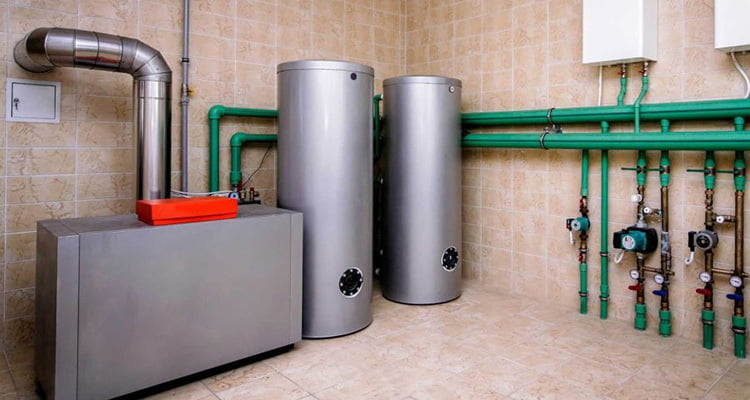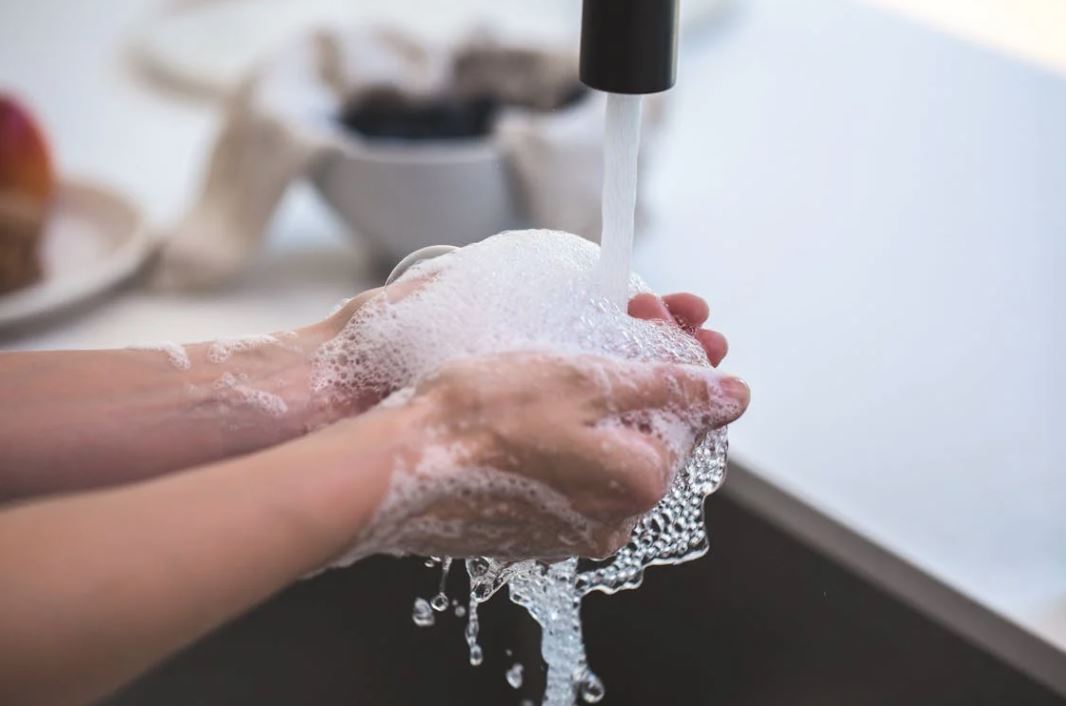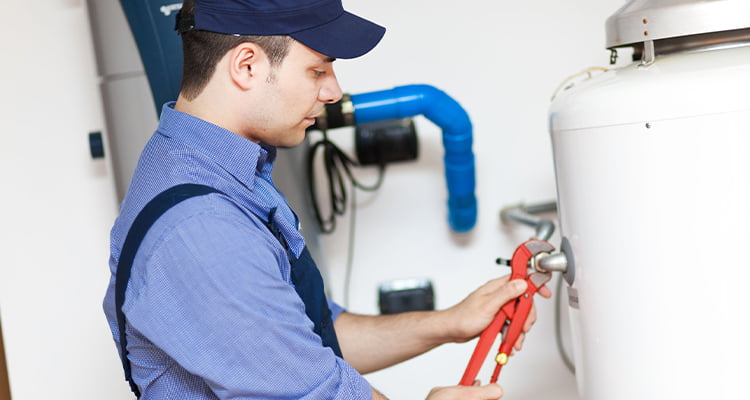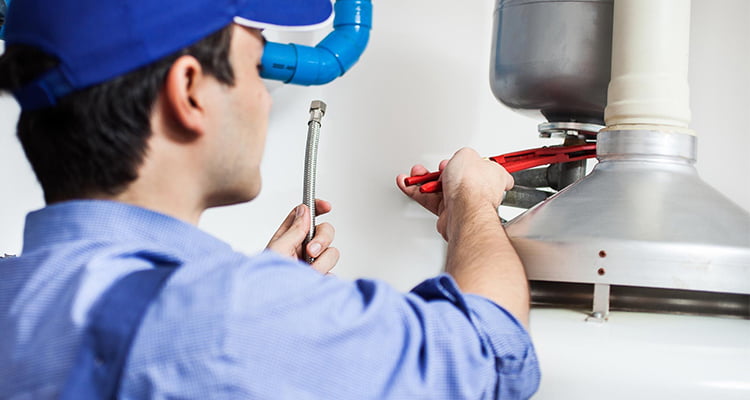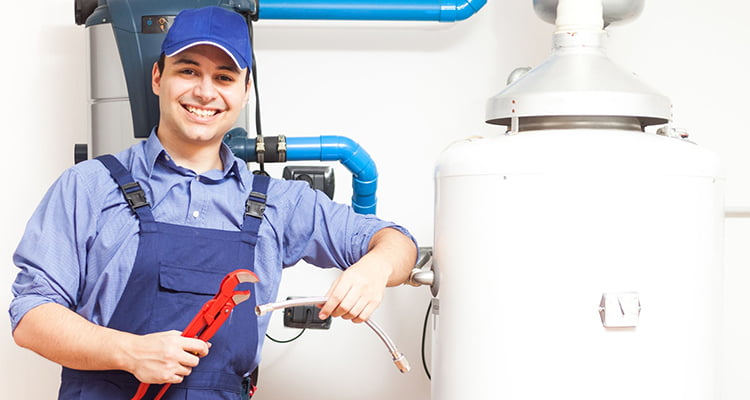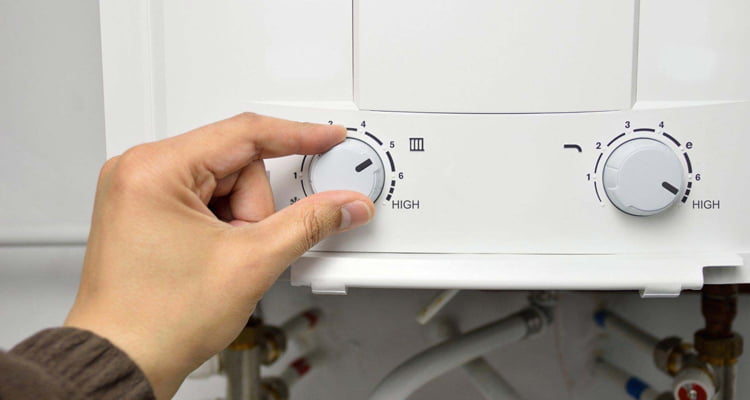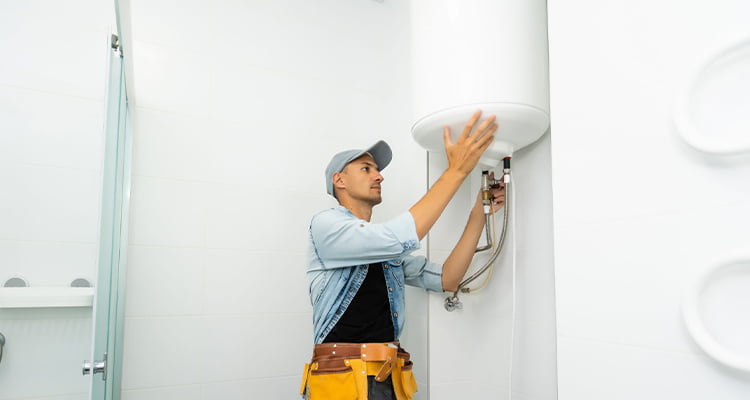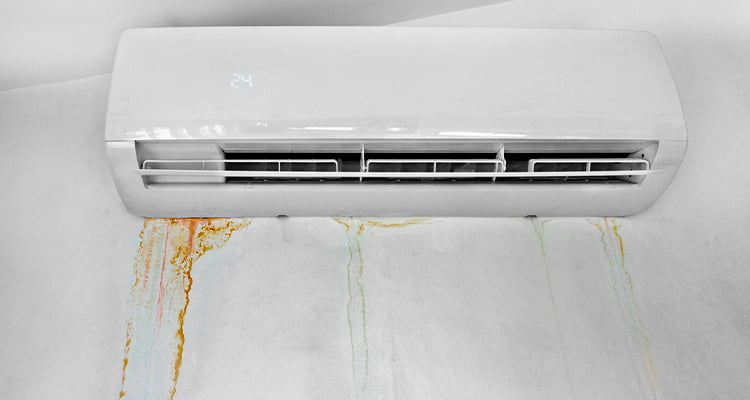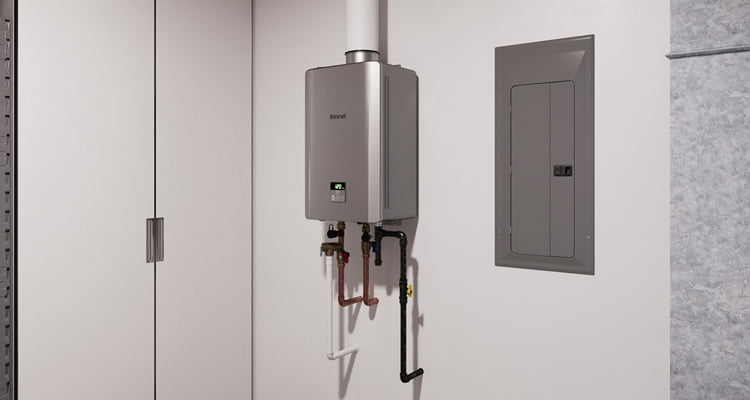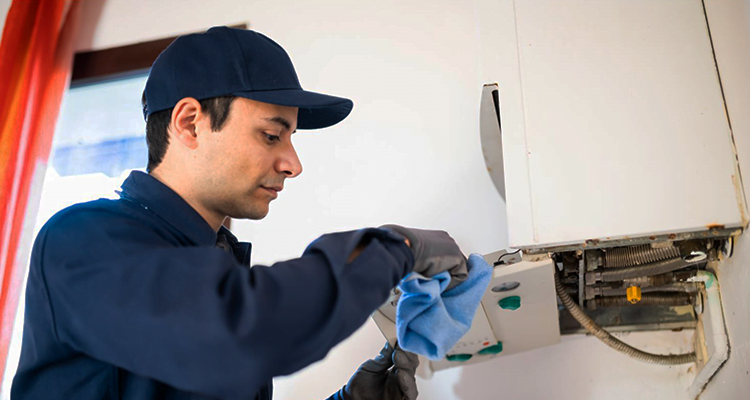Common Noises from a Water Heater and What They Mean
Let’s look at some of the most common noises from a water heater.1. Popping or Cracking Noises
Popping water heater sounds are often caused by sediment buildup in the tank. This water sediment heats up and turns to steam, causing minor “explosions” and popping noises.2. Rumbling Sounds
Rumbling water heating sounds are also caused by sediment accumulating over time. The turbulence can reduce water heating efficiency and cause damage.3. Hissing or Sizzling Sounds
Hissing water heater sounds are usually a sign of a water heater leak. Contact a professional immediately if this is the case.4. Banging or Knocking Sounds
A banging water heater is caused by surges in pressure and pipes expanding – a phenomenon known as the water hammer effect. This isn’t a safety hazard, but it can affect performance.5. Ticking or Tapping Noises
A ticking water heater is caused by metal components expanding and contracting. This thermal expansion process is normal and often harmless.Are These Noises Dangerous? Assessing the Risks
Now it’s time to conduct a water heater safety assessment to evaluate water heater noise risks.- When Popping and Rumbling Are Concerning: Excessive sediment buildup can damage the water heater. Regular maintenance will mitigate water heater sediment risks. Contact Pro West if you are unsure about popping and rumbling.
- Leak-Indicating Noises (Hissing/Sizzling): Leaks are serious and can escalate quickly. If you are worried about water heater leak dangers, turn the appliance off immediately and contact a professional.
- Pressure-Related Noises (Banging/Knocking): Water pressure noise can stress pipes and internal components over time and result in costly repairs. A professional can assess water heater pressure risks to determine the best course of action.
- Non-Harmful Noises (Ticking/Tapping): Ticking and tapping are safe water heater noises. Don’t worry, these are generally harmless. Inspecting water heating safety might be necessary if the noises become louder or more frequent.
How to Minimize and Prevent Water Heater Noises
You can reduce water heater noise with these water heater maintenance tips. The focus is on preventing sediment buildup.1. Flush the Water Heater Regularly
Flush the water heater regularly for water heater sediment removal. This will minimize popping and rumbling sounds.2. Install a Water Softener in Hard Water Areas
Install a water softener for the heater to prevent sediment buildup. This will remove minerals like calcium and magnesium that cause issues in hard water areas.3. Check for Loose Pipes
Loose pipes cause vibrations and knocking sounds. To stop water heater knocking, secure pipes using clamps or hangers.4. Insulate the Tank and Pipes
You can also insulate the water heater using foam to improve energy efficiency and reduce expansion noise.When to Call a Professional for a Noisy Water Heater
Not every issue can be resolved with DIY solutions. You should call a water heater technician and book a professional water heater repair service if you encounter the following:- Persistent or Loud Noises: Loud water heater sounds are a sign of serious issues.
- Leaks or Visible Damage: Visible leakers are a sign of a damaged water heater tank and require expert water heater leak repairs.
- Fluctuating Water Temperatures: Inconsistent water heating and temperature fluctuations in heaters also require expert attention
Frequently Asked Questions About Water Heater Noises
Is a Noisy Water Heater More Expensive to Run?
Yes, sediment buildup and mechanical issues result in higher water heater energy costs.
Can I Fix a Noisy Water Heater Myself?
Possibly! Basic DIY water heater solutions like flushing the tank and securing pipes can fix a noisy heater. However, safety is paramount. Contact a pro for complex issues.
How Often Should I Flush My Water Heater?
You should flush your water heater tank at least once a year. We recommend a comprehensive hot water tank maintenance routine every six months or so to maximize efficiency and performance.
